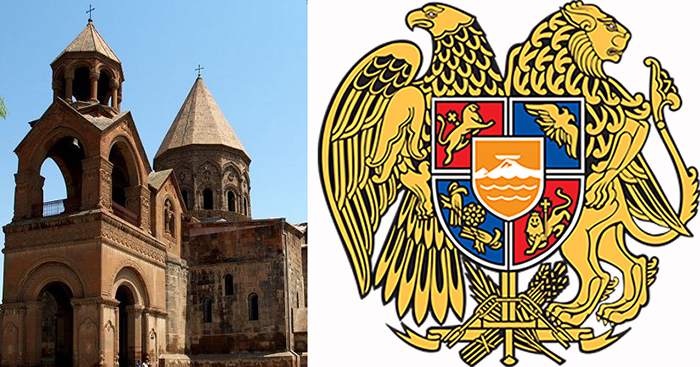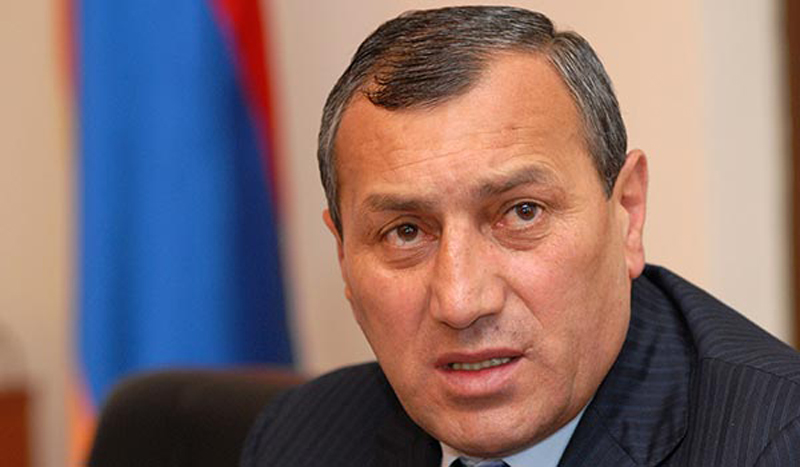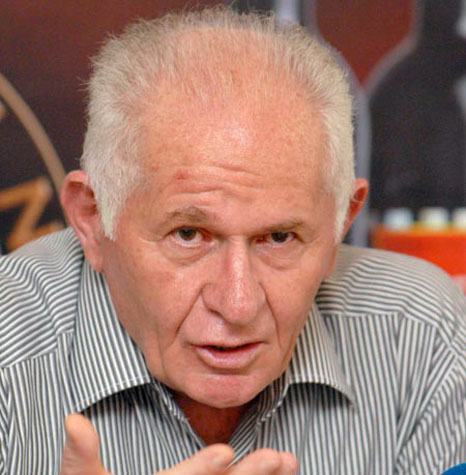By KRIKOR KHODANIAN
Where political forces failed, the clergy also faltered, tarnishing the distinction and reputation of the Armenian Church. Attempting to follow in the footsteps of Nikol Pashinyan, Bagrat Serpazan undertook a journey on foot from Tavush to Yerevan, aiming to emulate the success of Pashinyan’s 2018 movement. However, he failed to recognize that the groundwork for the 2018 uprising was already laid, and the people’s dissatisfaction with the previous regime had peaked, paving the way for Pashinyan’s charismatic leadership to achieve a successful revolution.
Reverend Bagrat and his supporters failed to accurately gauge the public sentiment in Armenia. From the outset, a lack of seriousness and a coherent political strategy was evident in their movement. This deficiency doomed Reverend Bagrat and his supporters to the same fate as previous efforts, such as the “Resistance” and “Salvation of Armenia” movements, which also aimed to topple Prime Minister Pashinyan.
Reverend Bagrat’s first misstep was shifting his focus from stopping the demarcation process on the Armenia-Azerbaijan border to demanding the prime minister’s resignation within an hour, a drastic and unrealistic ultimatum. This inconsistency marked the beginning of the end for his movement.
Subsequent errors included promising to start impeachment proceedings in Parliament without securing sufficient support. Nearly two weeks into the movement, they were still searching for the necessary additional MP.
Moreover, the rhetoric from the movement’s stage was filled with intolerance, threats, and hatred, instead of presenting clear goals and plans for the country’s future. Attendees, seeking detailed positions on internal and external challenges and a prime ministerial candidate from the Movement, were left disappointed. This lack of clarity and purpose led to diminishing attendance at subsequent rallies.
A rally on May 26th, hoping to reinvigorate interest, drew just over twenty thousand people, insufficient for significant governmental change. It was announced that Reverend Bagrat would be the movement’s candidate for prime minister. However, as a dual citizen of Armenia and Canada, he is constitutionally ineligible for the position, which requires sole Armenian citizenship for the past four years. It is unclear how he intends to overcome this legal obstacle.
Reverend Bagrat announced that he had asked the Catholicos of All Armenians to temporarily relieve him of his religious duties to pursue his political career, a request with uncertain precedent in the Armenian Church.
Upon arriving in Yerevan on May 9th, Reverend Bagrat declared an urgent need to resolve issues within 7-10 days. This deadline has long passed, and it is time for him to return to his spiritual duties, leaving politics to the political parties.
Reverend Bagrat’s foray into politics has damaged the Armenian Church’s institution. Public discussions about the privileges granted to clergy are intensifying, with some arguing that the state has a right to intervene in church affairs when the clergy engage in politics.
Ultimately, the lack of broad popular support doomed this movement, underscoring that the people of Armenia, despite their grievances with the current government, are not ready for an adventurer.
“MASSIS”










